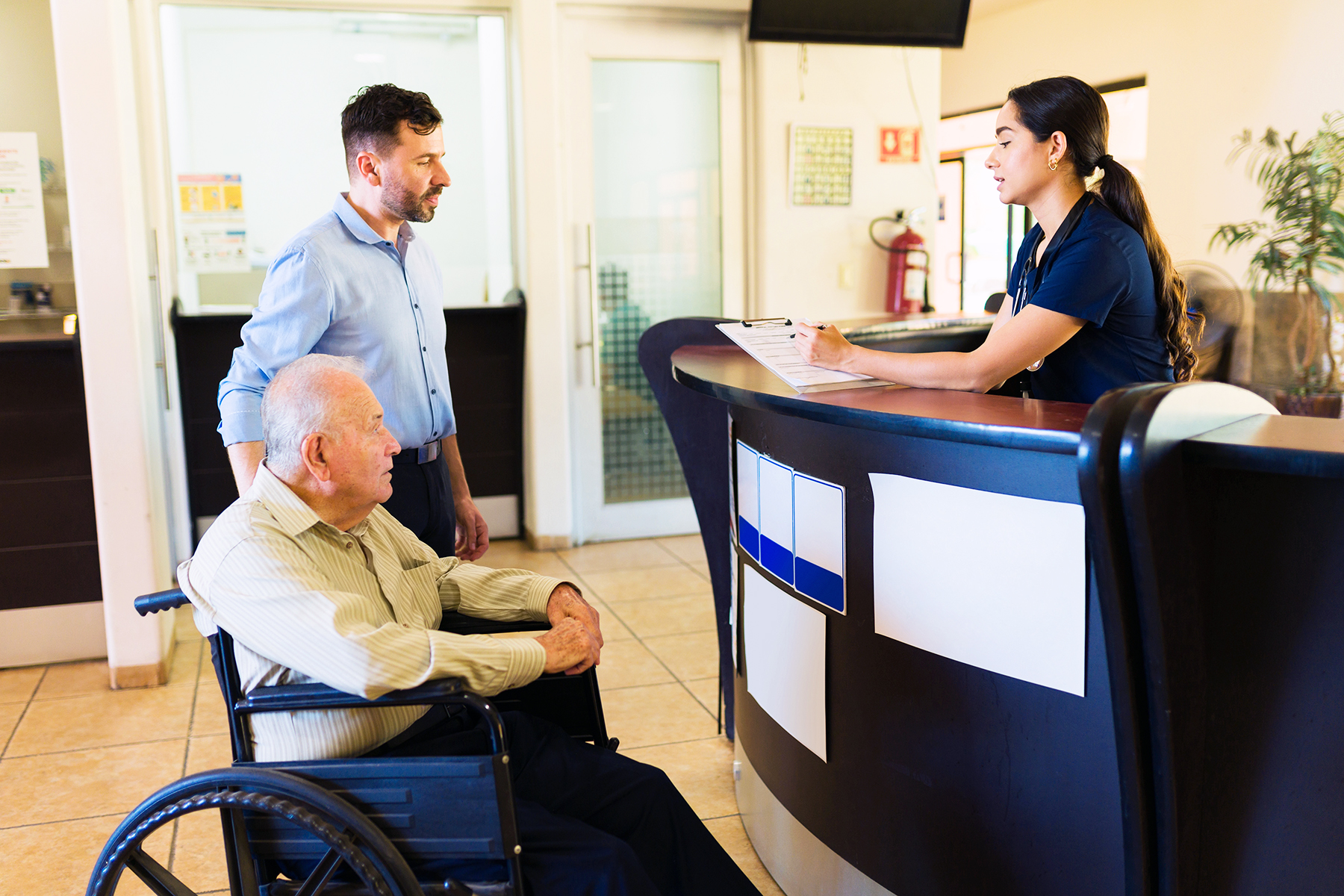
Protecting residents from elopement through proactive Risk Management
Elopement is when a resident leaves a facility unsupervised which can result in serious harm and regulatory consequences. This issue is especially critical in SNFs, where many residents have cognitive impairments. See the recommendations below to strengthen your facility’s elopement prevention strategy.
CASE STUDY: An Immediate Jeopardy. A $208,051 fine. A 20-day denial of payment. All from one preventable elopement.
Timely and Comprehensive Risk Assessments
Residents newly admitted or with dementia or prior wandering behavior should be properly assessed for elopement risk during:
> Admission
> Quarterly
> Significant condition changes
Potential consequences if an assessment is not properly completed:
> Delayed identification of risk factors (e.g., restlessness, past elopement attempts)
> Missing or incomplete care plans with identification of risk and resident centered interventions
> Overlooked environmental hazards (e.g., unsecured doors, accessible windows)
Internal action steps to reduce the risk of elopement:
> Ensure staff are aware of the alarm protocols and potential failures that may lead preventable harm
> Complete regular audits to ensure that staff are not prematurely silencing alarms without confirming
resident safety and understand that activated alarm equals an Emergency
> Conduct routine elopement drills so staff can act quickly according to policy and procedure in the
even a resident were to elope
> Staff understand that they should never deactivate an alarm without verifying the resident’s location
and safety
> Include review of audits at facility QAPI meeting
Equipment & Documentation Accuracy
Have system reviews in place to ensure the devices are applied properly and are in working order:
> Validate device placement and functionality every shift
> Use only approved equipment, assessed for fit and safety per manufacturer guidelines
> Regularly review your risk assessment protocols and staff training and response procedures
> Consider a system so residents at risk are easily identified such as pictures accessible for
receptionists etc.
> Preventative maintenance to include inspection of equipment at facility exits
Kris Ross, RN
Director of Clinical Services
For more information contact
consult@srcaresolutions.net






















